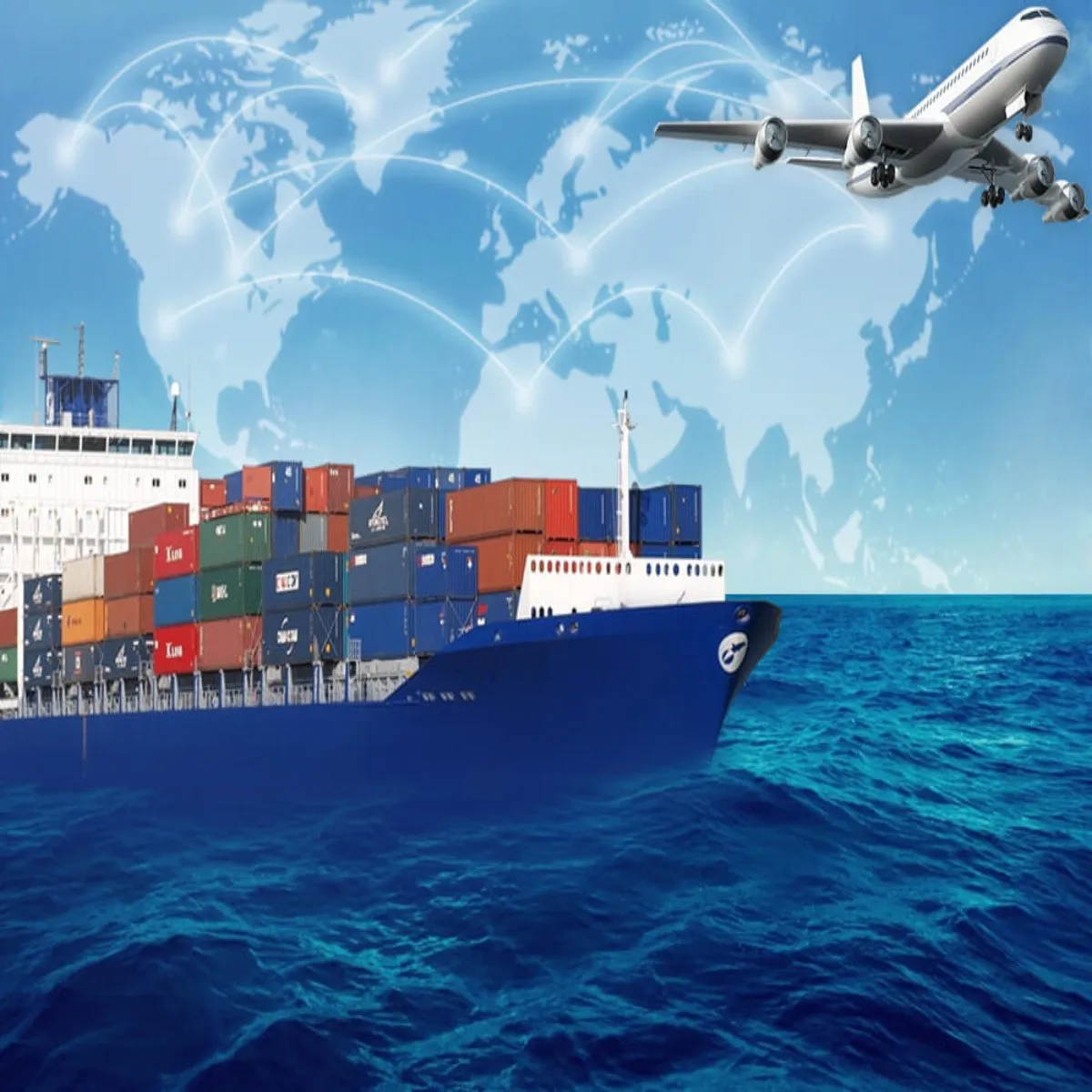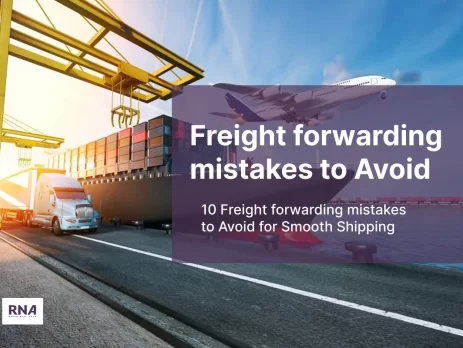Freight forwarding is an important part of global trade. For traders and merchants from CIS countries, India, China, Turkey, the UAE, and beyond, efficient freight forwarding ensures goods arrive safely, on time, and within budget. However, many companies face unnecessary delays, hidden costs, and customer dissatisfaction because of some simple errors.
In this guide, we highlight the 10 most common freight forwarding mistakes that traders should avoid. By understanding these mistakes and learning how to prevent them, you can protect your cargo, save money, and build stronger relationships with your partners.

10 Serious Mistakes to Avoid for a Profitable Forwarding Business in 2025

1. Poor Documentation
Missing or improper paperwork is one of the most common Freight forwarding mistakes. Customs authorities require correct documents such as bills of lading, invoices, packing lists, and certificates of origin. Why it matters:- Delays at customs clearance
- Extra storage fees at ports
- Risk of penalties or fines
2. Underestimating Transit Times
Another frequent issue in freight forwarding mistakes is miscalculating how long it takes for goods to travel from origin to destination. Many traders assume faster delivery is always possible, but things can go wrong because of weather, port stoppages, or customs checks. Practical advice:- Add buffer days to your schedule
- Communicate realistic delivery times with buyers
- Track shipments online for real-time updates
3. Choosing the Wrong Mode of Transport
Choosing air, sea, rail, or road transport without considering your cargo’s nature is a serious freight forwarding mistake. For example, sending perishable food by sea without proper cold-chain arrangements may damage the products. Here's how you can avoid this:- Air freight is best for urgent, high-value cargo
- Sea freight is cost-effective for bulk shipments
- Road and rail freight offer flexibility for regional deliveries
4. Ignoring Packaging Requirements
Poor packaging leads to cargo damage, insurance claims, and unhappy customers. Some goods require waterproofing, fumigation, or protective crates. Ignoring international packaging standards is a costly mistake. Best practices:- Use strong, weather-resistant materials
- Label boxes with clear instructions on handling
- Consider eco-friendly packaging when it's possible
5. Not Understanding Customs Regulations
Every country has different rules, tariffs, and restricted goods lists. One of the most overlooked Freight forwarding mistakes is is actually not researching these requirements before shipment. Risks include: Goods being seized or returned High duties and taxes Long clearance delays Real life example: Meat products require health certificates, while industrial chemicals may need special permits. Always consult your freight forwarder or customs broker before shipping.6. Working with Unreliable Freight Forwarders
Partnering with a forwarder that lacks experience or connections can result in poor service. Traders often choose their freight forwarder based on price alone, but this is risky. Signs of a good freight forwarder:- Transparent communication
- Strong network at ports and borders
- Regular shipment updates
- Proven experience in your industry
7. Miscalculating Freight Costs
Freight forwarding mistakes often happen when traders underestimate the full cost of shipping. Charges include freight rates, port fees, insurance, duties, and sometimes hidden costs. Tip to avoid surprises:- Request a detailed quotation
- Ask about possible extra charges (like demurrage)
- Compare offers carefully, not just final numbers
8. Ignoring Insurance Coverage
Many traders skip insurance to save money, but this can lead to heavy losses if cargo is lost, stolen, or damaged. Remember:- Standard carriers’ liability is often limited
- Insurance is affordable compared to potential loss
- Policies can be customized for your goods
9. Poor Communication with Partners
Miscommunication between shippers, freight forwarders, and buyers causes delays and confusion. This is another frequent freight forwarding mistake. Solutions:- Confirm instructions in writing
- Share updates regularly
- Use digital tools for shipment tracking
10. Not Having a Backup Plan
International shipping is not always predictable. Problems like port strikes, closed borders, or sudden rule changes can happen anytime. If you don’t have a backup plan, your goods may be delayed for weeks. Not having a backup plan is a common freight forwarding mistakes. How to avoid these types of freight forwarding mistakes:- Keep an alternative route in mind
- Have extra stock for urgent orders
- Work with a freight forwarder who can give quick solutions

